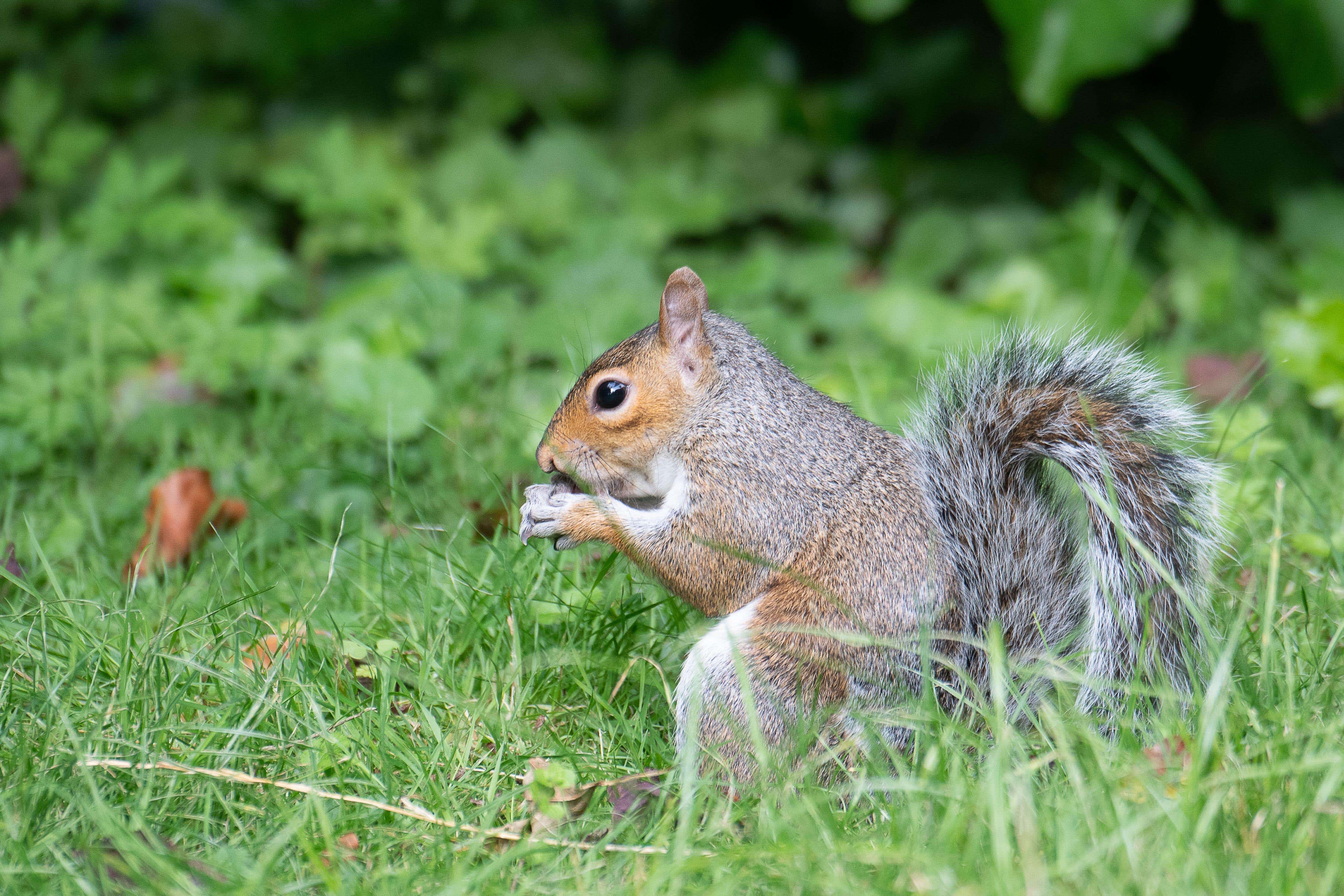Grey squirrels sapping efforts to combat climate change, Parliament told
The damage caused by the bark-stripping pests means landowners are not planting the trees needed in the drive to reach net zero.

Your support helps us to tell the story
From reproductive rights to climate change to Big Tech, The Independent is on the ground when the story is developing. Whether it's investigating the financials of Elon Musk's pro-Trump PAC or producing our latest documentary, 'The A Word', which shines a light on the American women fighting for reproductive rights, we know how important it is to parse out the facts from the messaging.
At such a critical moment in US history, we need reporters on the ground. Your donation allows us to keep sending journalists to speak to both sides of the story.
The Independent is trusted by Americans across the entire political spectrum. And unlike many other quality news outlets, we choose not to lock Americans out of our reporting and analysis with paywalls. We believe quality journalism should be available to everyone, paid for by those who can afford it.
Your support makes all the difference.Grey squirrels are undermining the UK’s ability to tackle climate change, it has been warned at Westminster.
Parliament heard the invasive rodent was the biggest threat to native broadleaf woodlands, such as oak.
The damage caused by the bark-stripping pests meant landowners were not planting the trees needed in the drive to reach net zero.
The biggest threat to our broadleaf woodlands is the grey squirrel
Concerns over the impact of grey squirrels were highlighted during a debate in the House of Lords on biosecurity by the Earl of Kinnoull.
The independent crossbencher chairs the UK Squirrel Accord, a partnership of conservation and forestry organisations, Government agencies and private companies, which aims to halt the decline of the native red species, improve woodland habitats and reduce the dominant alien grey population.
Lord Kinnoull said: “The biggest threat to our broadleaf woodlands is the grey squirrel.
“They ring-bark trees aged between 10 and 40 years, making them susceptible to a host of pathogens and thus killing many and damaging much, if not all, of the rest in affected plantings. This greatly reduces the yield and quality of the timber.
“This has resulted in many landowners and managers in England simply not planting the native broadleaf trees that are needed as a significant part of our net zero strategy.”
He highlighted UKSA-commissioned research into using an oral contraceptive as a non-lethal way to manage grey squirrels.
While this had been funded in part by the Department for Environment, Food and Rural Affairs (Defra), Lord Kinnoull said: “I hope that it does not seem ungrateful to the minister to observe that much larger sums of Government money are being spent in other individual areas of disease and invasive alien species.
“Given the central need to deal with this issue, for net-zero reasons alone, I urge the Government to consider upping the resource that they devote to it.”
He added: “If we have a bit more resource now, we will make a better job of dealing with the squirrel.”
Protecting the biosecurity of the United Kingdom is at the forefront of this Government's agenda
Earlier, opening the debate, independent crossbencher Lord Trees, a vet and former president of the Royal College of Veterinary Surgeons, stressed the importance of biosecurity.
He said: “There is no doubt that there are very significant risks to the UK’s health security for humans, animals, plants and indeed the environment, and plenty of evidence that these risks are increasing because of climate change and globalisation.
“Although it may be difficult – indeed financially, practically and politically impossible – for us to prevent the emergence of infectious disease threats in other parts of the world, we do have the ability to try to reduce the risks of incursions of infectious diseases into the UK while allowing, as far as possible, unhindered trade.
“Just as we are increasingly recognising the importance of energy security and food security, the latter of which may be imperilled by the introduction of new animal and plant pathogens, I suggest we should equally recognise the importance of biosecurity.”
Responding to the debate, environment minister Lord Douglas-Miller said: “Protecting the biosecurity of the United Kingdom is at the forefront of this Government’s agenda.”